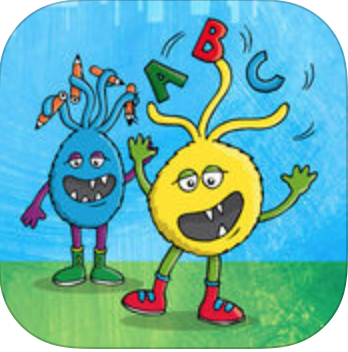One of our intellectual outputs of the STELA-project is a case study amongt our partners. We did a study about how students feel in the very first beginning of their study and published it at the SEFI-conference.
Abstract:
This paper explores the confidence freshman engineering students have in being successful in the first study year and which study-related behaviour they believe to be important to this end. Additionally, this paper studies which feedback these students would like to receive and compares it with the experiences of second-year students regarding feedback. To this end, two questionnaires were administered: one with freshman engineering students to measure their expectations regarding study success and expected feedback and one with second-year engineering students to evaluate their first year feedback experience.
The results show that starting first-year engineering students are confident regarding their study success. This confidence is however higher than the observed first-year students success. Not surprisingly, first-year students have good intentions and believe that most academic activities are important for student success. When second-year students look back on their first year, their beliefs in the importance of these activities have strongly decreased, especially regarding the importance of preparing classes and following communication through email and the virtual learning environment. First-year students expect feedback regarding their academic performance and engagement. They expect that this feedback primarily focuses on the impact on their future study pathway rather than on comparison to peer students. Second-year students indicate that the amount of feedback they receive could be improved, but agree with the first-year students that comparative feedback is less important.
Reference: de Laet, T., Broos, T., van Staalduinen, J.-P., Ebner, M., Langie, G., van Soom, C. & Shepers, W (2018) Confidence in and beliefs about first-year engineering student success: case study from KU Leuven, TU Delft, and TU Graz. In: Proceedings of the 45th SEFI Conference, pp. 1-9. Azores, Portugal

